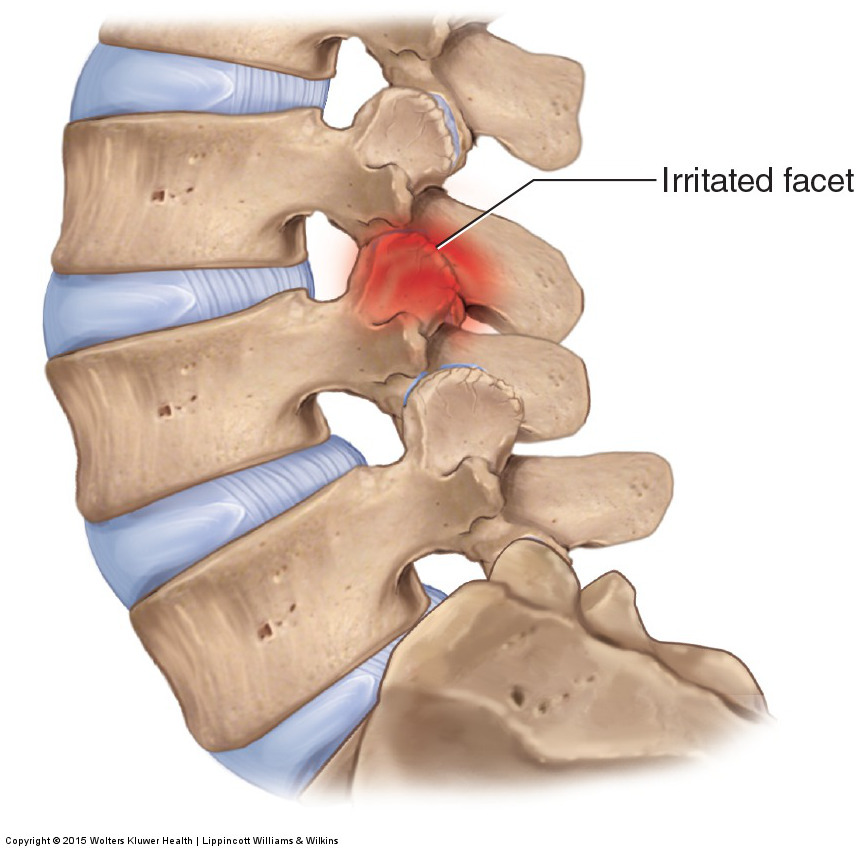What is it?
A neck sprain is a sprain of a facet joint in the cervical spine. Due to a sudden movement eg reaching out for something or during loading or lifting. It can also be due to sitting or sleeping in funny position. This causes a neck sprain in the joint and surrounding structures (nerves, ligaments and muscles).
What does it feel like?
- It feels like your neck is stiff and you are unable to turn or look down and up very easily. It may be more restricted in one or two directions only.
- You may find activities where you have to use your arms uncomfortable as well.
- You may find it difficult to twist your head around and find activities like reversing the car difficult.
- Your neck and upper back muscles may feel tender and sore to touch.
- You may have to compensate by moving your whole upper body to turn due to your neck feeling stuck in one position.
What causes facet joint sprain?
Facet joint sprain can be a result of a quick, sudden movement when reaching over or sustaining an awkward position for too long eg falling asleep on the couch. The joints in your neck that join one vertebrae to another one below, called facet joints, stiffen and cause the surrounding muscles to go into spasm.
How is it diagnosed?
Your Physiotherapist can diagnose facet joint sprain from your symptoms and from hearing about how the injury happened. Your therapist will get you to perform some movement such as looking up and down and around with your head. They will then gently feel your neck and upper back to determine the exact joint or joints that are affected and how the surrounding muscles have compensated.
What can Back in Action Physiotherapy do?
At Back in Action we will gently treat your neck muscles first and then do gentle mobilisations to start to free up your facets (joints). We take the time to determine which specific joint or joints are involved and which specific direction they need to glide in. Your physio will talk to you and listen to how your pain is affecting your everyday activities and help you determine goals for returning to normal activities. We can advise and educate you about appropriate stretches and prognosis. Painkillers and

